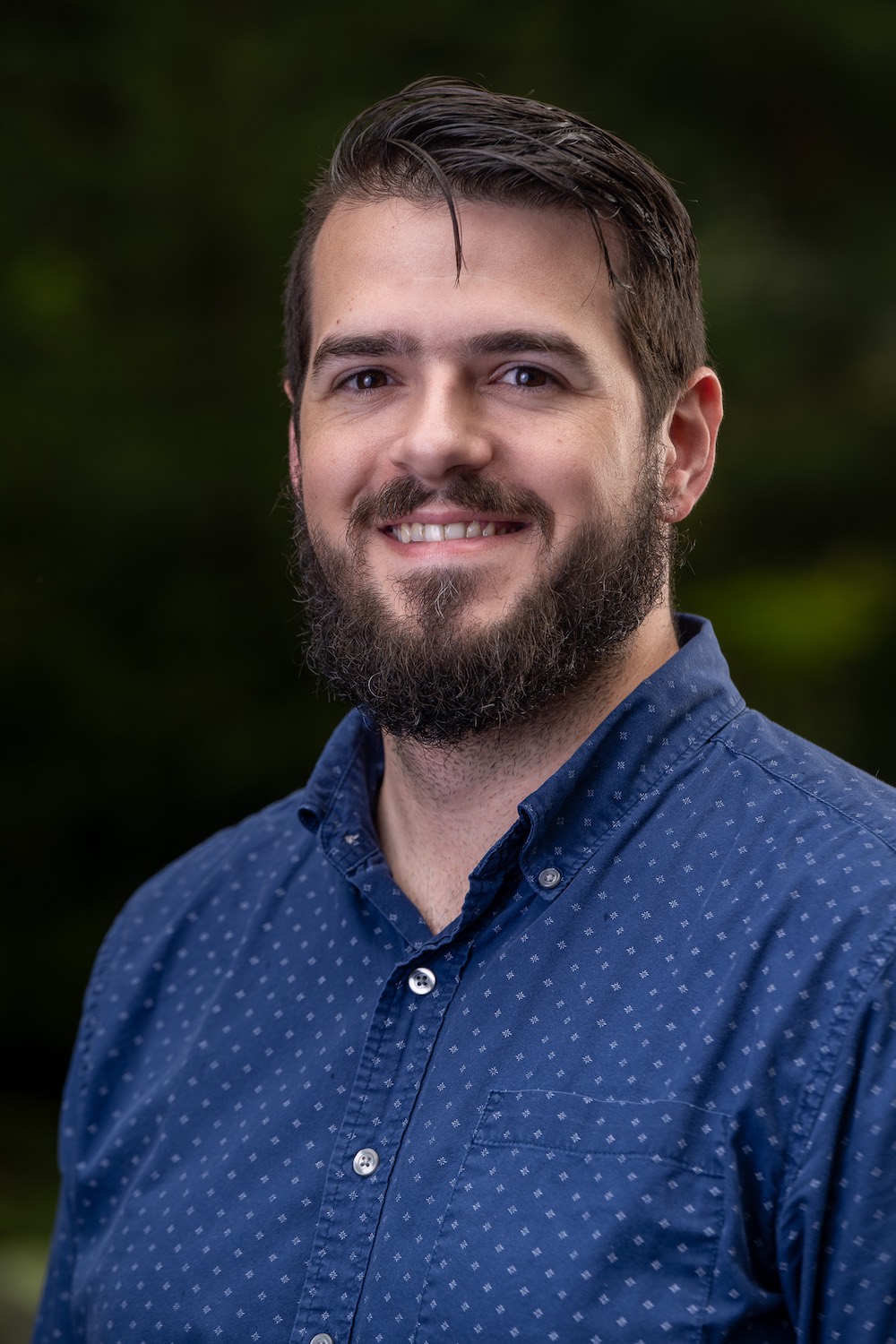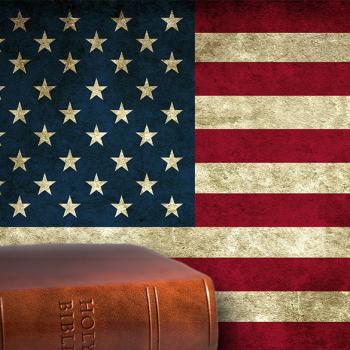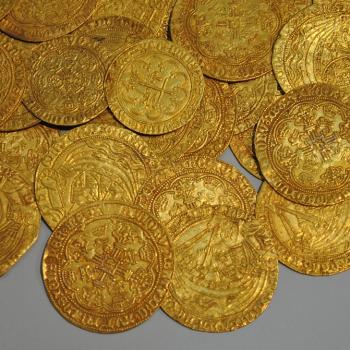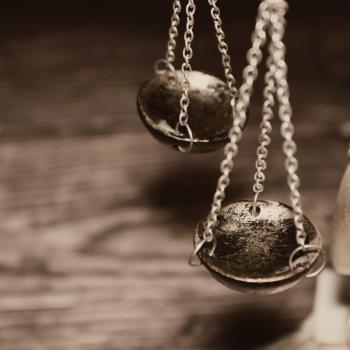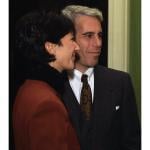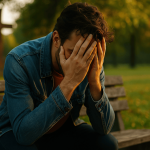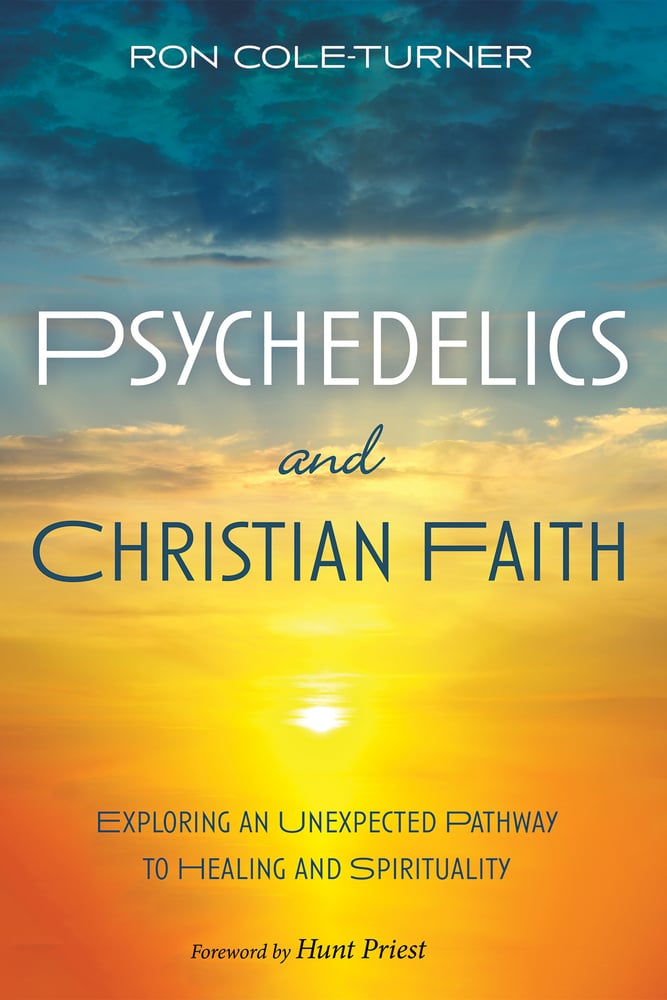
I love talking about drugs and Christianity. Typically, my discussions revolve around how the Church ought to engage those who struggle with dependency and addiction, but this is a nice side-step. In Psychedelics and Christian Faith, author Ron Cole-Turner looks at the history of psychedelic use throughout cultures, the emerging science around how psychedelics can be used in medical settings to treat mental illness, and how the Church can think about spiritual experiences from use of psychedelics.
You can find the book HERE!
Check out Ligare – A Christian Psychedelic Society
Finally, read Ron Cole-Turner’s article Soul-altering Substances: What implications does the psychedelic renaissance have for faith and spirituality? – The Christian Century
Now- let’s dig into the book!
Overall Impressions
I think this book is well written. It does not require the reader to have much prior knowledge of psychedelic drugs. Rather, Ron walks the reader through complex medical and psychological terminology. For example, after introducing the term ‘neuroplasticity’, he defines it as “brain cell reorganization”. While this may be a bit simplistic for a medical professional, it gets the idea across for the target audience – Christians who are interested or concerned about the idea of psychedelic use in culture.
Cole-Tuner does not strictly rely on theologians or scientists. He is able to connect these two seemingly opposed specialities to build a case for the use of psychedelics. His thesis is strong, yet he notes that there are reasons why one should not use psychedelics. His ability to responsibly advocate for psychedelics warrants thoughtful engagement.
Psychedelics in Cultures
Many cultures use psychedelics as part of their spiritual rituals. While we may be more familiar with drugs like peyote or ‘magic mushrooms’, these are two of a large group of psychedelics. Spiritual rituals have also included substances that we might not consider. For example, Indigenous Tribes in North America would smoke tobacco ritually to commune with their past ancestors. In South America, chewing on the coca leaves in prayer rituals.
Psilocybin, or ‘magic mushrooms’, have a long history in modern-day Mexico. Even after the colonization of Central America by the Spanish in the 16th century, these groups would use psilocybin ritually. Ayahuasca was, and is still, used for religious ceremonies. This ceremonial drink includes the psychoactive chemical dimethyltryptamine (DMT). Ron Cole-Turner notes:
“About a century ago, ayahuasca use was fused with elements of Christianity and African religions to form a new religious movement known as Santo Diame. The religion has spread to other countries, including the United States, where it is also known as União do Vegetal.” (p. 6)
Psychedelic Research
Research into psilocybin and other psychedelics was allowed in the mid-2000’s, and so far there is promise in this area. The effects of clinical use of psychedelics for PTSD has shown to be fast and long-lasting. Psilocybin and MDMA have been used in trials, while ketamine has been prescribed for ‘off-label use’ for depression, anxiety, OCD, and other mental health conditions.
However, Cole-Turner does not prescribe these treatments for everyone. He makes it clear that, with every drug and medication, there are risks involved. For example, many of us will take ibuprofen or acetaminophen for aches and pains, but these medications can cause damage to our liver and kidneys if used too much. Some medications have risks that outweigh most uses, and these ought to be used only when appropriate. He treats psychedelic-assisted treatment the same way.
He makes a clear case for the continuation of study of psychedelics for mental health while noting that some people may not benefit from, or have a higher risk, using psychedelics.
Psychedelics And Christian Faith
I really appreciate his approach to psychedelics and Christian faith. His Christian practice is rooted in experience, but not only in experience. He notes that it is important to have experiences, but our experiences must be translated through our faith and community:
“In the end, what this [research around psychedelic use and spiritual experiences] for Christian theology is that spiritual experiences, including those that occur when psychedelic drugs are involved, can be interpreted not just as minimally compatible with Christian beliefs, but as an enriching contribution, at least for some.” (p. 107)
Cole-Turner pulls from the history of the Mystical Christian tradition, going as far back as Gregory of Nyssa. While this may sound too ‘New Age’ for some conservative and moderate Christians, this branch of Mystical Christianity is one that desires a life changing experience with the Holy Spirit.
However interesting this is, and however we may want to use psychedelics in Christianity, it is important to note that, while people have spiritual experiences using psychedelics, they are not always ‘Christian’ experiences. Rather, what research has noted is that people who use psychedelics report being more open to experience and less dogmatic around beliefs. To me, it seems that the experience breaks down the walls that our culture, history, and learned religious traditions have built. This can be unnerving for some, but for others, it may be life-giving.
What Now?
I have been interested in psychedelic research for many years and know family members and close friends who have had life-changing experiences with psychedelic drug use. Yet, most of these drugs are still illegal in the United States. I believe continued research is needed to learn more. We need more options when it comes to mental health.
This book is a must have if you want to learn more about psychedelic use for religious experiences. Not only is it open to a multiplicity of experiences, it provides a strong case for Christians. Cole-Turner does not ask you to take psychedelic drugs as part of your church service. Rather, he is asking Christians to not dismiss the experiences of those who have found psychedelic use beneficial. We should keep an open mind, listen to the research, and be educated in what is happening in the world today.


